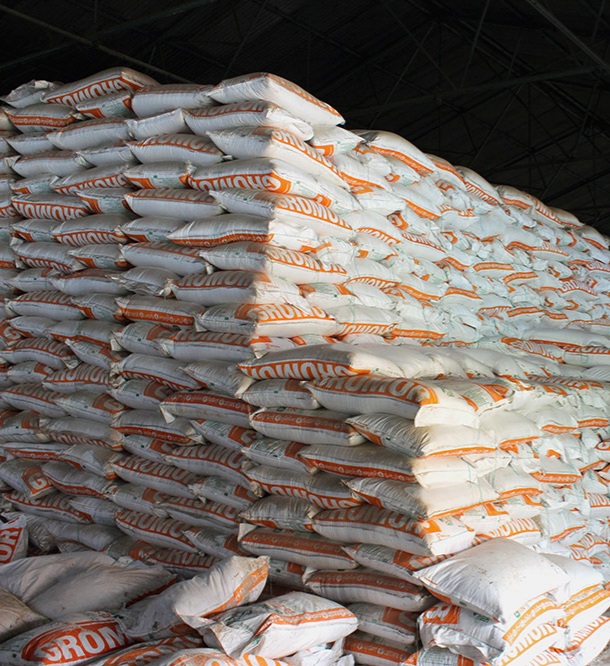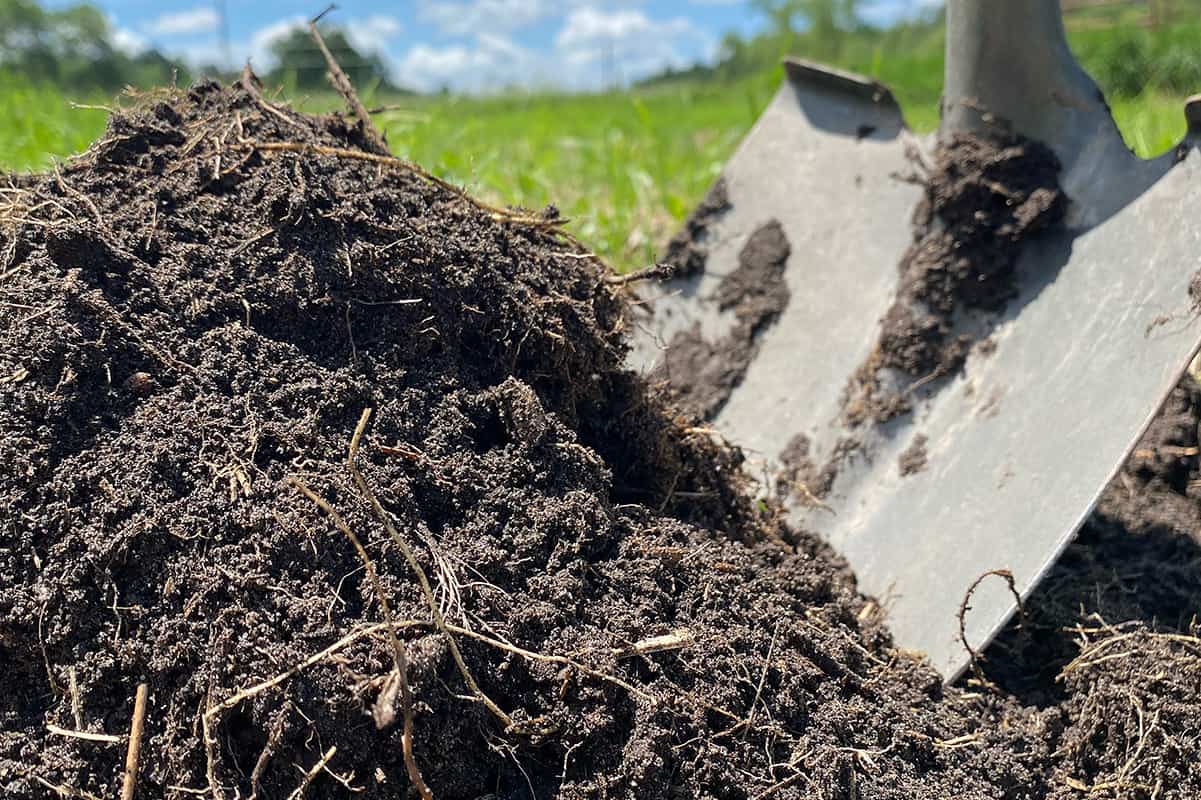Staff Reporter
Despite seeds and fertilisers stock shortage, the Agriculture, Food Security and Nutrition Minister, Thabo Mofosi, has assured adequate provision to farmers.
He indicated that farmers living in the rural areas were already receiving the said inputs since the end of August, saying more stock is yet to be largely distributed to the urban areas.
The government-subsidised inputs include pesticides and are being sold to farmers at 80 per cent for fertiliser and 70 per cent for seeds and agrochemicals.
The government pays a subsidy to fertiliser producers to allow farmers to buy at below-market rates.
“The ministry is in the process of procuring and availing more seeds and fertilisers for summer cropping.”
“We have experienced a shortfall of supply from the markets in South Africa due to high demand in that country – both countries have their copping season running concurrently,” the minister revealed.
He added, “There is also a delay in the process of verifying imported merchandise before crossing the border into Lesotho, therefore, farmers who need the inputs and other services we offer should report to the nearest agricultural offices for necessary and accurate information.”
The minister explained that the highlands districts were initially prioritised due to the short cropping season, as a result, the first consignments were distributed to the mountainous zones.
Mofosi further indicated that currently, the ministry focuses on the lowlands when the demand for inputs overruns the supply.
“The ministry will do anything possible to ensure adequate supply, as more inputs are yet to be procured and mobilised to the lowlands districts for 2023/2024 summer cropping,” he said, encouraging farmers to take advantage of the cropping period that elapses in December.
On the other side, farmers said the current wet spell has come as a relief for summer cropping.
Several parts of the country received spells of moderate rainfall for four consecutive days last week and snowfall in mountainous Lesotho.
In Lesotho’s agriculture cycle, it is a basic knowledge that a good balance of rain and proper irrigation can lead to faster-growing plants, which can cut down on germination time and the length between seeding and harvest.
The crops are dependent on water during their entire lifecycle to survive and thrive.
…Minister warns of farmers against illegal input buying…
Mofosi raised concern over farmers who buy seeds and fertilisers in bulk at subsidised prices only to sell at illegal prices not recommended by the ministry.
He explained that his ministry allows farmers to collectively buy in bulk and share transport charges, but said large farmers have for years taken advantage of the arrangement and enriched themselves.
“The government has a clear plan for why inputs are sold at subsidised rates. It is done to benefit all Basotho farmers, small or large.”
“I warn all of those who are engaged in such activities to stop immediately or face harsh consequences because doing so is committing a crime,” he said.
He indicated that the country was ready for the summer cropping and had had some inputs distributed to the highlands.
He urged the media to instantly report the alleged cases of corruption against farmers selling inputs at a higher price than that of the ministry.
He stressed that the government subsidise seeds, fertilisers and agrochemicals to meet the farmers halfway and to increase food production.
Mofosi said the country has set aside M567, 394, 199 for the summer cropping and hoped for improved crop production.
Summary
- He indicated that farmers living in the rural areas were already receiving the said inputs since the end of August, saying more stock is yet to be largely distributed to the urban areas.
- He added, “There is also a delay in the process of verifying imported merchandise before crossing the border into Lesotho, therefore, farmers who need the inputs and other services we offer should report to the nearest agricultural offices for necessary and accurate information.
- “The ministry will do anything possible to ensure adequate supply, as more inputs are yet to be procured and mobilised to the lowlands districts for 2023/2024 summer cropping,” he said, encouraging farmers to take advantage of the cropping period that elapses in December.

Your Trusted Source for News and Insights in Lesotho!
At Newsday Media, we are passionate about delivering accurate, timely, and engaging news and multimedia content to our diverse audience. Founded with the vision of revolutionizing the media landscape in Lesotho, we have grown into a leading hybrid media company that blends traditional journalism with innovative digital platforms.







